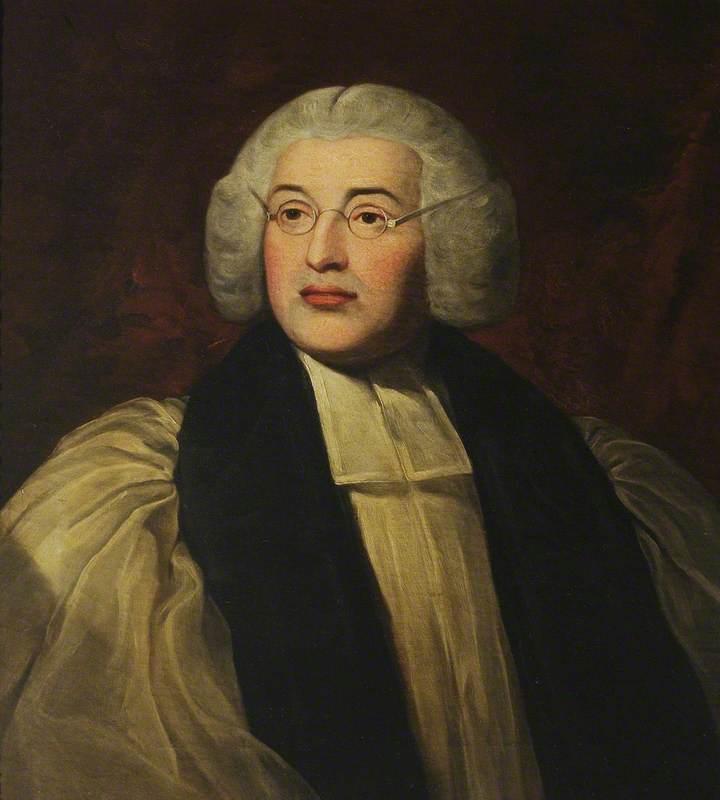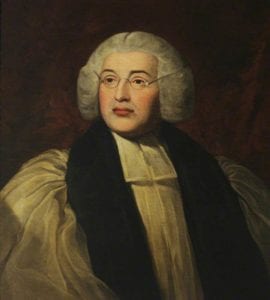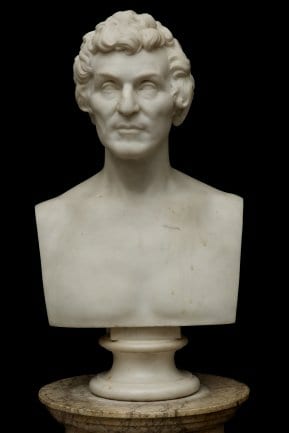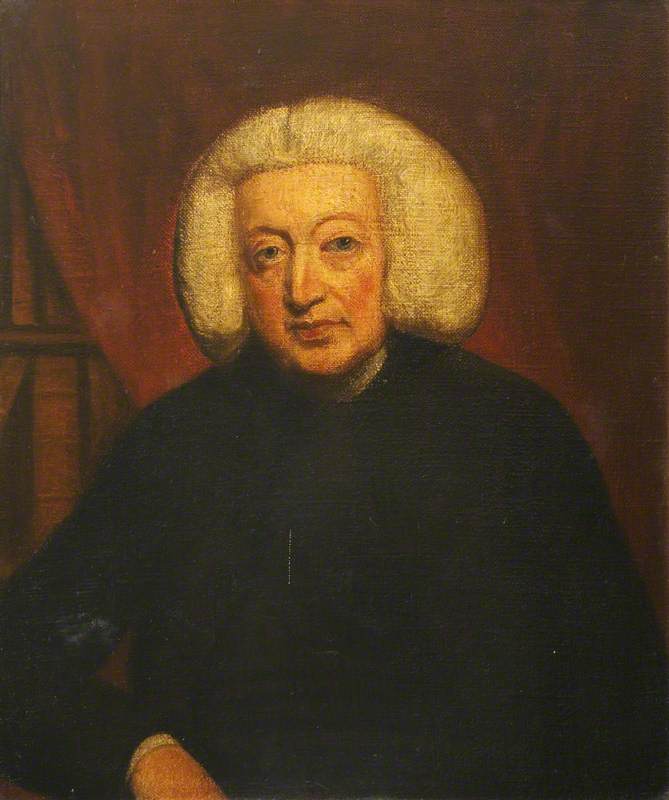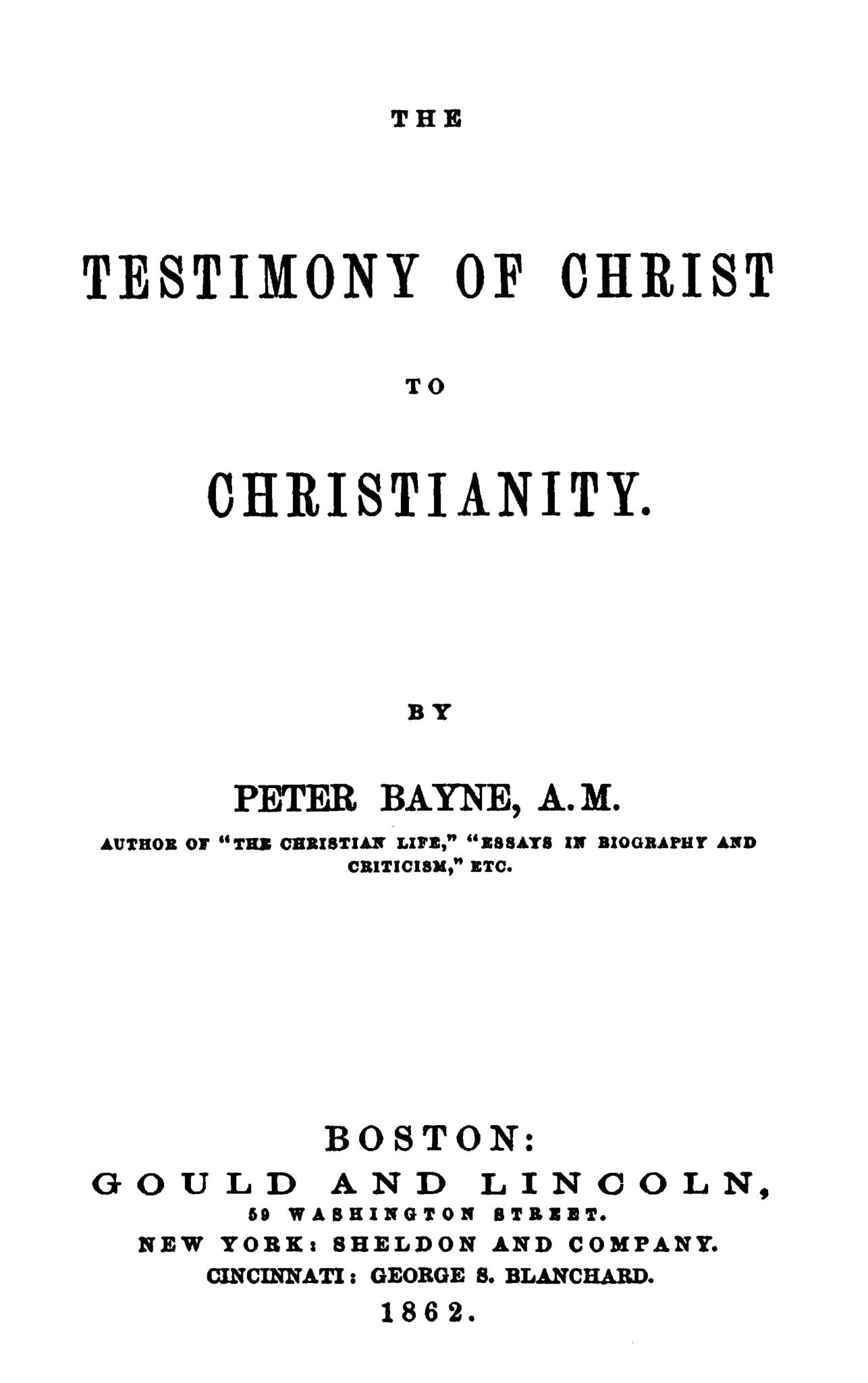In the mean time, if we are called upon seriously for satisfaction upon any point, it is our duty to give the best in our power. But our adversaries will permit us to observe, that the way they are pleased to take (the way, I mean, of doubts and difficulties) is the longest way about: and I much fear they will never find it the shortest way home. For if they really have determined with themselves, not to become Christians, till every difficulty that may be started concerning the revealed dispensations of God, or any part of them, be fully cleared up, I will fairly tell them, that I apprehend they must die deists. I will likewise further tell them, that if they should resolve not to believe in the existence of God, till every question can be solved, relative to the works of creation and the course of his providence, I verily believe they must die atheists. At least, I will not undertake their conversion in either case. For in the first place, whether the solution be satisfactory to themselves, none but themselves can be the judges; and their prejudices will not suffer them to judge fairly. In the second place, if they produce a hundred objections, and we can solve ninety-nine of them, that which remains unsolved will be deemed a plea sufficient to justify their continuing in incredulity. In the third place, it is impossible in the nature of things, that we should be equal to the solution of every difiiculty, unless we were well acquainted with many points of which it has pleased God to keep us in ignorance, till the last day shall open and unfold them. Nay, in some instances it is impossible, unless we could see and know, as God himself sees and knows.
But it is an axiom in science, that difficulties are of no weight against demonstrations. The existence of God once proved, we are not in reason to set that proof aside, because we cannot at present account for all his proceedings. The divine legation of Moses, and that of Jesus Christ, stand upon their proper evidence, which cannot be superseded and nullified by any pretended or real difliculties occurring in the Jewish and Christian dispensations. If we can solve the difficulties, so much the better; but if we cannot, the evidence is exactly where it was. Upon that evidence is our faith founded, and not upon the ability of any man or set of men, to explain particular portions of Scripture, and to answer the objections which may be made to them. Otherwise, our faith, instead of resting on the power of God, would rest on the weakness of man, and might be subverted every day. Now the evidence that may be produced for the divine missions of Moses and of JESUS CHRIST, is such as never was produced in favor of any others laying claim to divine missions, since the world began; and it is such as no person can reject, without being obliged to believe a series of absurdities and impossibilities, that, in any other case, would choke the faith of the greatest bigot in Christendom: which is bringing the matter as near to demonstration as a matter of this kind is capable of being brought, or as any reasonable being would desire it to be brought.
George Horne, Letters on Infidelity, in W. R. Whittingham, ed., Standard Works Adapted to the Use of the Protestant Episcopal Church in the United States, vol. 5 (New York: The New-York Protestant Episcopal Press, 1831), letter 8, p. 273.

